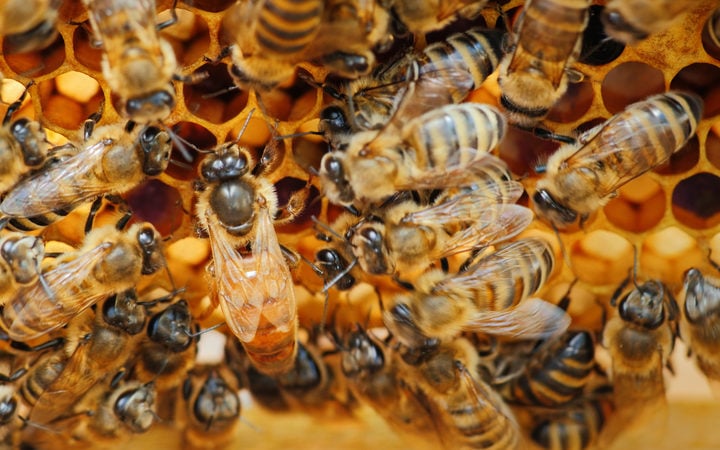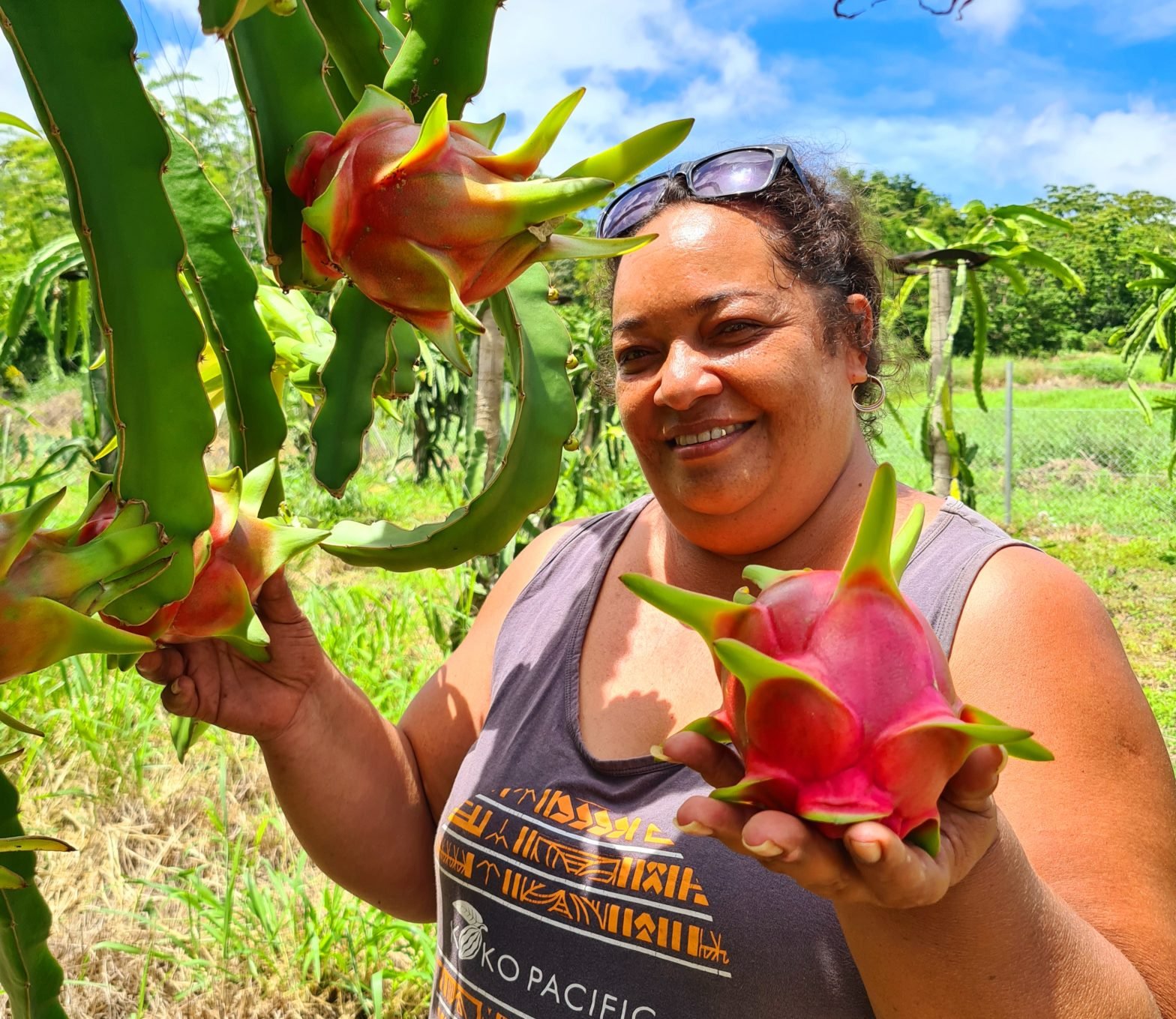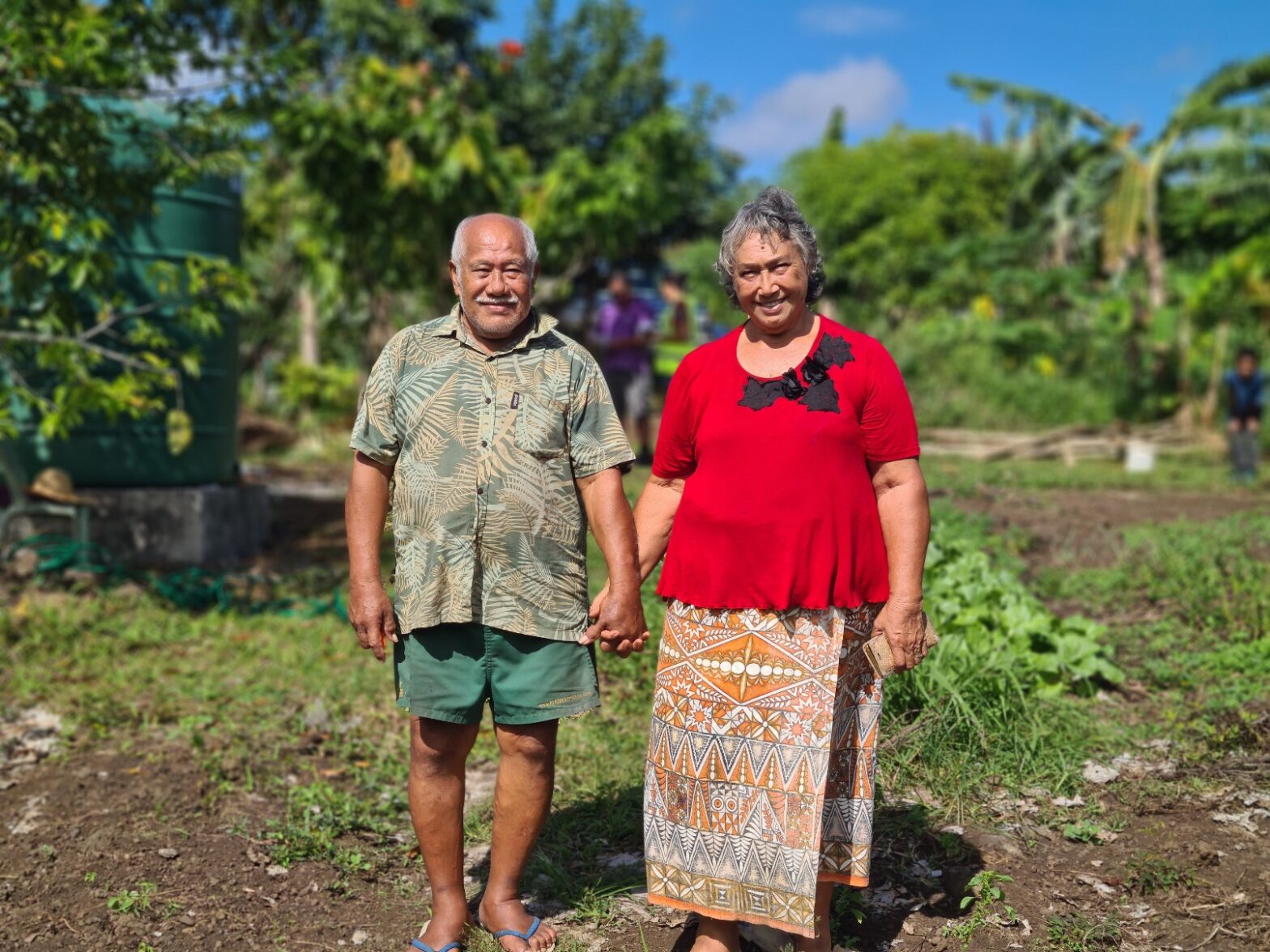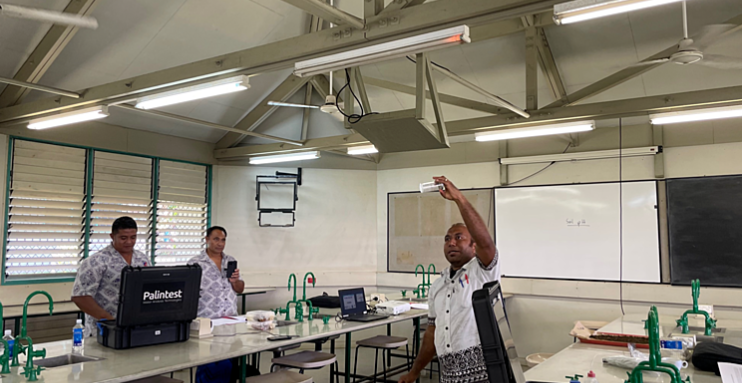A new Apiculture Strategic Project to benefit local beekeepers by developing clear pathways towards a sustainable apiculture industry
Local beekeepers, or honey farmers, will soon get the chance to take their operations to the next level, under the new Apiculture Strategic Project.
The United Nations Development Programme (UNDP) Global Environment Facility (GEF) Small Grants Programme (SGP) has secured new funding of US $50,000 to implement this project in recognition of apiculture, or honey farming, as a catalyst for sustainable development in small islands developing states or SIDS.
SGP will work with local honey farmers in close collaboration with the Ministry of Agriculture and Fisheries (MAF) for this project. The Ministry said there are currently about 41 active beekeepers in Samoa, both private and commercial.
“Based on recent data, there is a market value of $1.1 million Tala in beekeeping, catering to the local market. The global natural honey market size was valued at $2.26 billion US dollars in 2018. In saying this, there is potential that upon perfecting and focusing on beekeeping, we can be in a position to export our honey products to overseas markets, although our current honey production cannot satisfy our own consumer demand,” said Tilafono David Hunter, Chief Executive Officer of MAF.
A workshop was held yesterday for interested beekeepers on how they can access this fund under the new project.
“Today’s workshop shows how much enthusiasm and support is out there and how far Samoa has to go to revitalize our honey production industry. For many years, the beekeeping industry was managed by a small group. We hope with the community-based requirements of this project, focusing on youth and women, that we can broaden the spectrum of beekeepers. Current data says that more than 50% of beekeepers in Samoa are over the age of 55, and that beekeeping is not taught at any academic institution (specifically agricultural studies). This funding is an opportunity to create a stepping stone to bigger and better production, from community based to industry. The more beekeepers there are in Samoa, the better. We are blessed with a unique situation where we are relatively disease-free and do not suffer from CCD. It’s so important that we create a new generation of people who not only love bees and all they produce, but see how vital they are to our environment and our livelihoods,” said Papalii Mele Maualaivao, a beekeeper, and Country Programme Manager for UN Women.
The Apiculture Strategic Project is an international one involving six countries from the Caribbean – Dominica, Grenada, Saint Kitts & Nevis, Saint Lucia, Saint Vincent & the Grenadines, Trinidad and Tobago, and Samoa – the only country from the Pacific.
The multi-country project aims to establish a sustainable apiculture industry in Saint Lucia and identify and develop clear pathways towards the development of the same in the other countries including Samoa.
“Beekeeping is a vital component of agriculture and environmental protection. While bees were introduced to Samoa some 100 years ago, the industry went from thriving, to barely surviving. We need to create a community of beekeeping which goes beyond just industry needs and focuses on education, mentoring, and community-based initiatives. We need beekeeping clubs, beekeepers’ associations, and supporting academic institutions to sustain the knowledge in country. Currently, only 33% of beekeepers are women, that number can increase dramatically if the knowledge and training is made available to everyone, from urban enthusiasts to rural committees,” said Shelley Burich of Vaoala Vanilla, who is also a beekeeper.
This story was originally published at the Government of Samoa on 14 December 2021.




